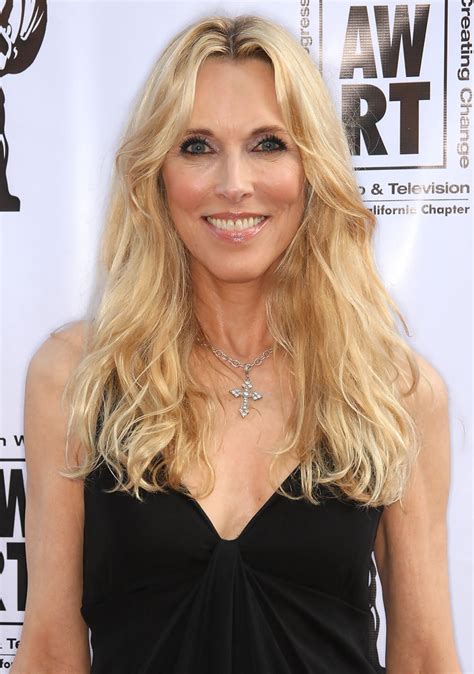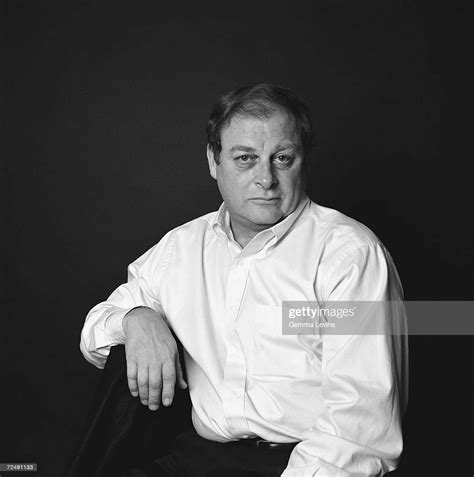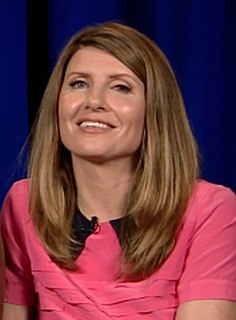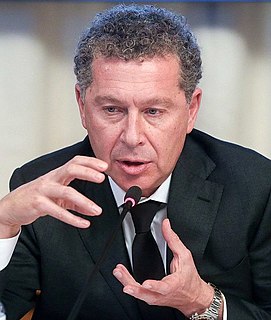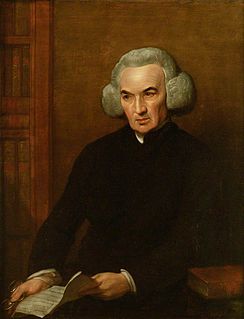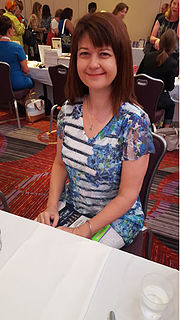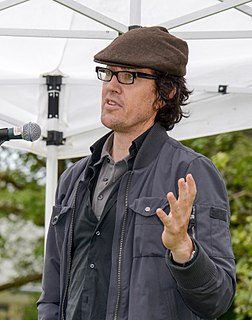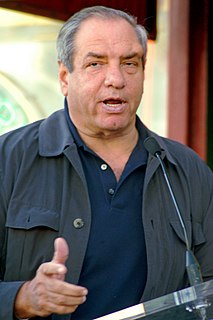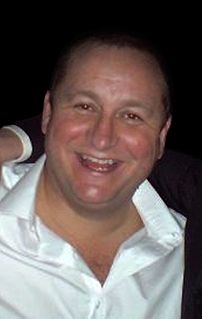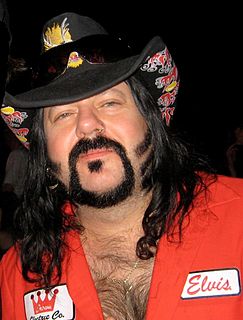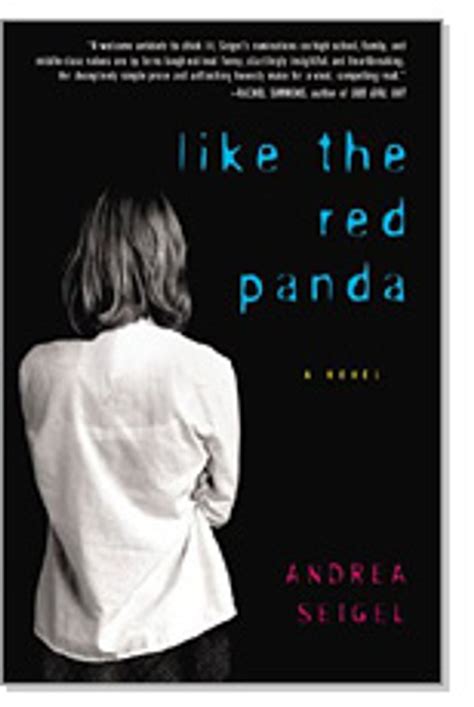Top 1200 Writing A Book Quotes & Sayings - Page 17
Explore popular Writing A Book quotes.
Last updated on April 21, 2025.
Writing fiction is very different to writing non-fiction. I love writing novels, but on history books, like my biographies of Stalin or Catherine the Great or Jerusalem, I spend endless hours doing vast amounts of research. But it ends up being based on the same principle as all writing about people: and that is curiosity!
A book coming out into the world can be a harsh, harsh time. And your feelings are on the line. Everything that publication is about is really not what your writing is about. Your writing is coming out of something else, and publication and being in the public are something else. And those of us who have published, in whatever way we're published, are very fortunate.
I always knew from the beginning that this was the only way to write Then We Came To The End - that it had to be in first - person plural if it was going to illustrate how the individual becomes part of the collective. I had no interest in writing the book in a more conventional voice. It goes back to that fascination I had with telling a story in multiple ways. It was the only choice I gave myself, really - I said "This is it, pal. If you can't tell a story this way, you're going to have to abandon the book. Write it this way or give up."
In America there's a tendency to write the same book over and over because that's what sells. So in a way, my success in America has come at the expense of what I do. I haven't sold out, and I haven't taken the popular road to writing a best-selling book. I've really bucked the system. So it was necessary for me not to go and find the easy fans, the ones who want something digestible and fast with a happy ending that they can read over and over again no matter how many different books it is. I had to find fans who really wanted to think. Worldwide they all have that in common.
Actually, I've taught creative writing in Turkey, at an English language university, where the students were native Turkish speakers, but they were writing their essays in English, and they were very interesting - even the sense of structure, the conventions of writing, the different styles of writing.
I haven’t had trouble with writer’s block. I think it’s because my process involves writing very badly. My first drafts are filled with lurching, clichéd writing, outright flailing around. Writing that doesn’t have a good voice or any voice. But then there will be good moments. It seems writer’s block is often a dislike of writing badly and waiting for writing better to happen.
The best advice on writing was given to me by my first editor, Michael Korda, of Simon and Schuster, while writing my first book. 'Finish your first draft and then we'll talk,' he said. It took me a long time to realize how good the advice was. Even if you write it wrong, write and finish your first draft. Only then, when you have a flawed whole, do you know what you have to fix.
It's so exciting when a book catches traction you didn't even expect (or completely did expect!), and so frustrating when a book never quite catches the traction you know it deserves. But either way it doesn't change the book, it doesn't change how much I love that book, or how thrilled I am to be publishing it.
It's really, really eclectic. It's not a business book [Girlboss], but it's still a book that should make you want to get up and do things and think about your life. And for a book that looks that beautiful on a coffee table, I think that's a very special thing. So it's hopefully a new genre I guess, of book. It was so fun to put together and fun to write, that was really a pleasure.








